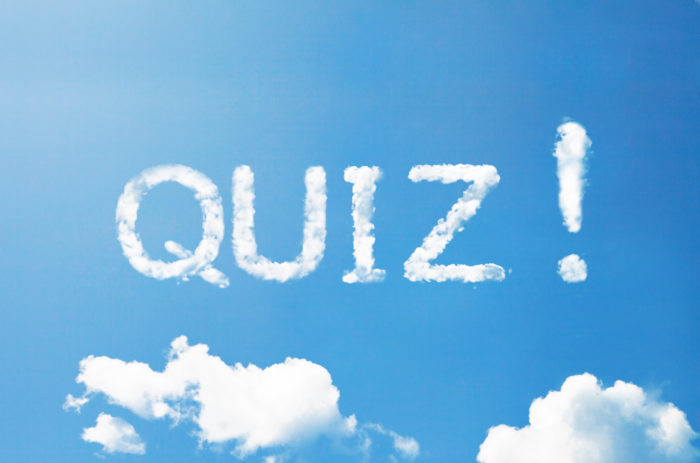Questions
1. The Burnsville, Minnesota police department is the first department in the state to use body cameras. How do the officers use the body cams?
a) they are secret cameras hidden behind their badges to record just about every traffic stop, vehicle search, domestic dispute and arrest
b) they use them only when suspects become violent
c) they are portable cameras they attach to their headgear to record just about every traffic stop, vehicle search, domestic dispute and arrest
d) they use the cameras to provide video clips for the reality police show “Cops”
2. The body cams help save officers’ time by all but which one of the following:
a) sometimes keeping them from having to go to court to testify in a case
b) when a person denies a charge against them, the officer can show the individual the playback immediately, thus ending time-consuming arguments
c) attaching/setting-up the camera each day before they go on duty
d) ending the he-said/she-said type arguments between officers and suspects
3. Of the 54 nuclear power plants in Japan, how many might experience a possible meltdown?
a) none of theme
b) all of them
c) two, possible three
d) half of them
4. Japan is used to severe earth quakes. Why did this one result in possible nuclear meltdowns?
a) The reactors were first damaged by the earthquake, and then by the tsunami. The earthquake knocked out the electric power in the plants (used to pump cooling water over the rods), and then the tsunami swamped the backup generators.
b) the Tokyo power company had not maintained proper safety precautions over the past 20 years
c) nuclear power plants all have the potential of meltdowns at any time: the earthquake had nothing to do with it
d) in a cost cutting measure, the company had eliminated their backup generator years ago
5. An amendment to D.C.’s noise-reduction law that went into effect last month:
a) prohibits loud conversations between groups of three or more people on city streets between midnight and 6 a.m.
b) prohibits the making of an “unreasonably loud noise between 10 p.m. and 7 a.m. that is likely to annoy or disturb one or more other persons in their residences”
c) prohibits residents between the ages of 18-25 from making any loud noise after 10 p.m.
d) excludes college students on holidays and weekends
6. D.C. college students are opposed to the new amendment because they say it is too vague and the punishments too harsh. They are asking:
a) the city to eliminate the amendment and instead text all students with a request to “keep it down” after 10 p.m.
b) for an exemption for all those enrolled in college full-time
c) the city council and residents to lighten up, and try to remember what it was like when they were in college
d) the city to clarify the amendment, and to establish “a solid test that police officers can use at the scene to determine whether someone is breaking the law”
7. A Tokyo Electric Power Co. spokesman announced Thursday that a nearly completed new power line could restore cooling systems in Japan’s tsunami-crippled nuclear power plant, and officials plan to try it:
a) Saturday
b) as soon as possible
c) next month
d) this summer
8. The Japanese government asked special police units to bring in water cannons:
a) to keep curious onlookers away
b) to spray water onto the spent nuclear fuel
c) to prevent news cameras from having a clear view of the damaged reactors
d) all of the above
9. When a Canadian court ruled that the hospital could remove 18 month-old Joseph Maraachli’s assisted breathing tube, his parents:
a) found a hospital in the U.S. to agree to care for him, and secured the assistance of Priests for Life
b) removed him from the hospital secretly and crossed the border illegally into the U.S. to look for medical treatment
c) agreed that the hospital knew better than they did, and gave up without a further fight
d) brought Joseph home after the tube was removed
10. Joseph’s parents didn’t want the breathing tube removed until:
a) they could get doctors to insert a tracheotomy tube that would allow him to breathe so they could at least bring him home
b) they could publicly thank the Canadian doctors for making the recommendation to remove him from the breathing tube
c) they could file a lawsuit against the doctors for negligence
d) find a cure for Joseph’s disease
Daily “Answers” emails are provided for Daily News Articles, Tuesday’s World Events and Friday’s News Quiz.



